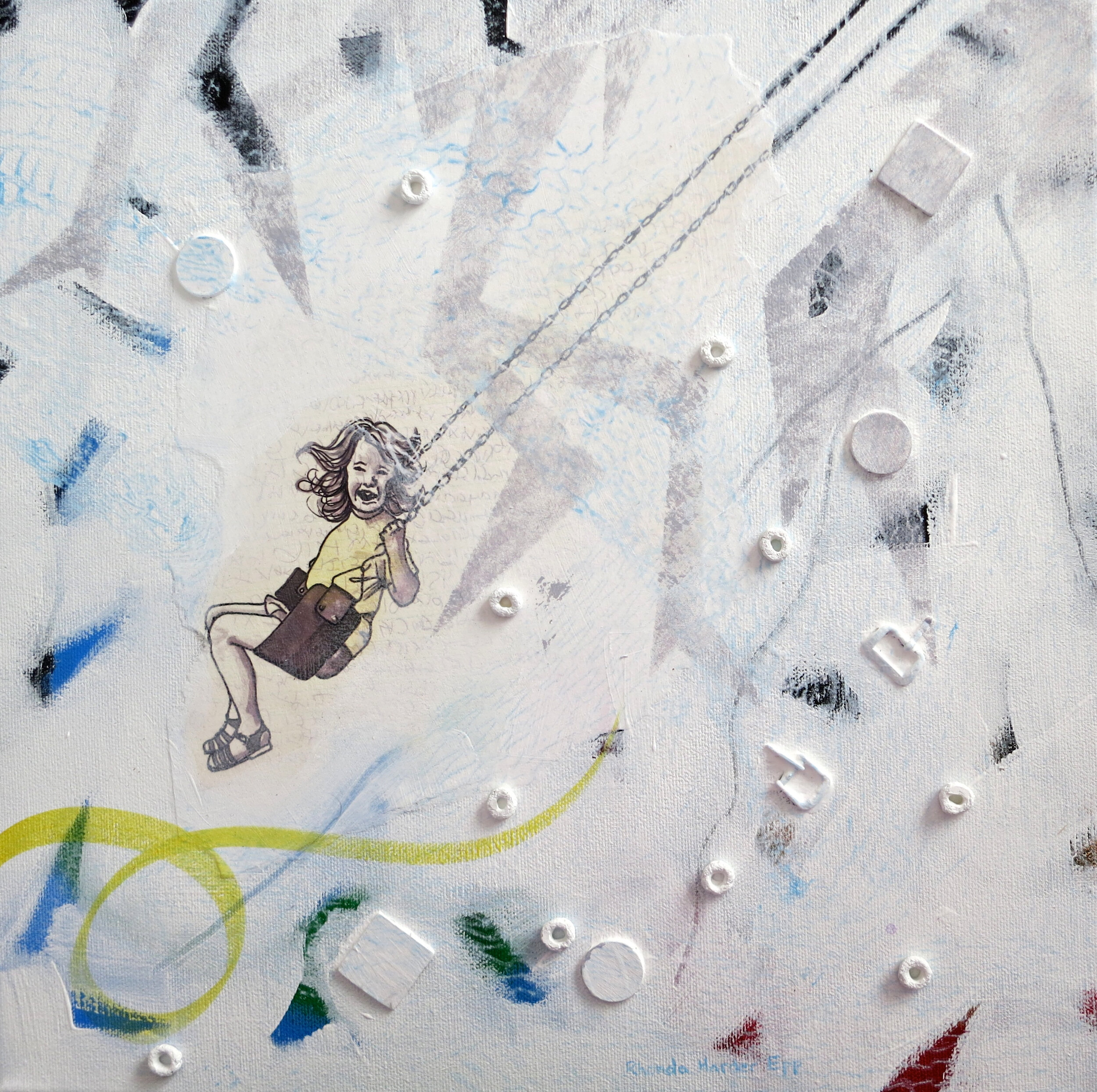
Scenes from Childhood
Schumann in Line and Colour
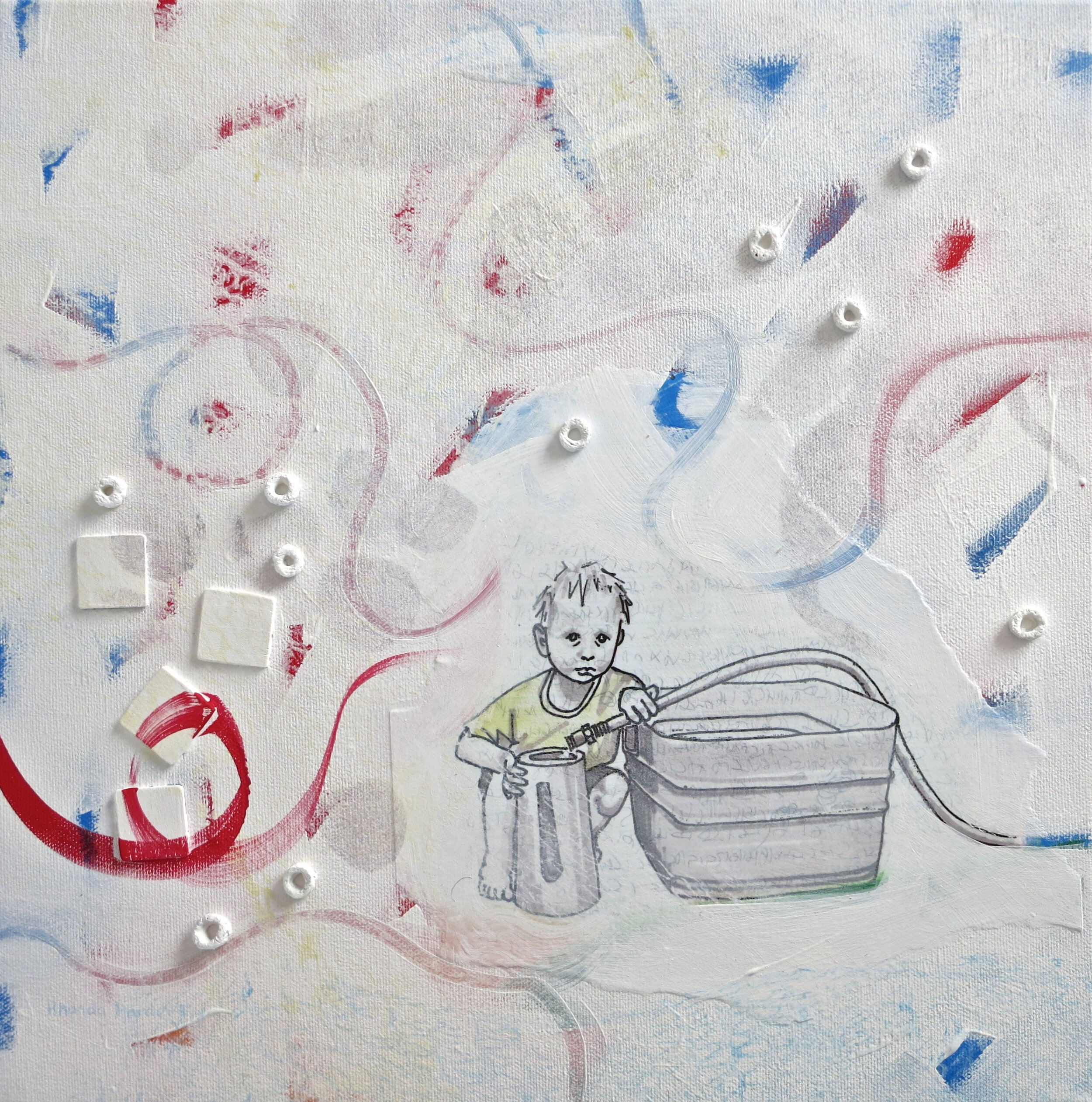
Scene 02 // 14 x 14 in (36 x 36 cm) acrylic and mixed media on canvas // SOLD

Scene 03 // 14 x 14 in (36 x 36 cm) acrylic and mixed media on canvas // SOLD
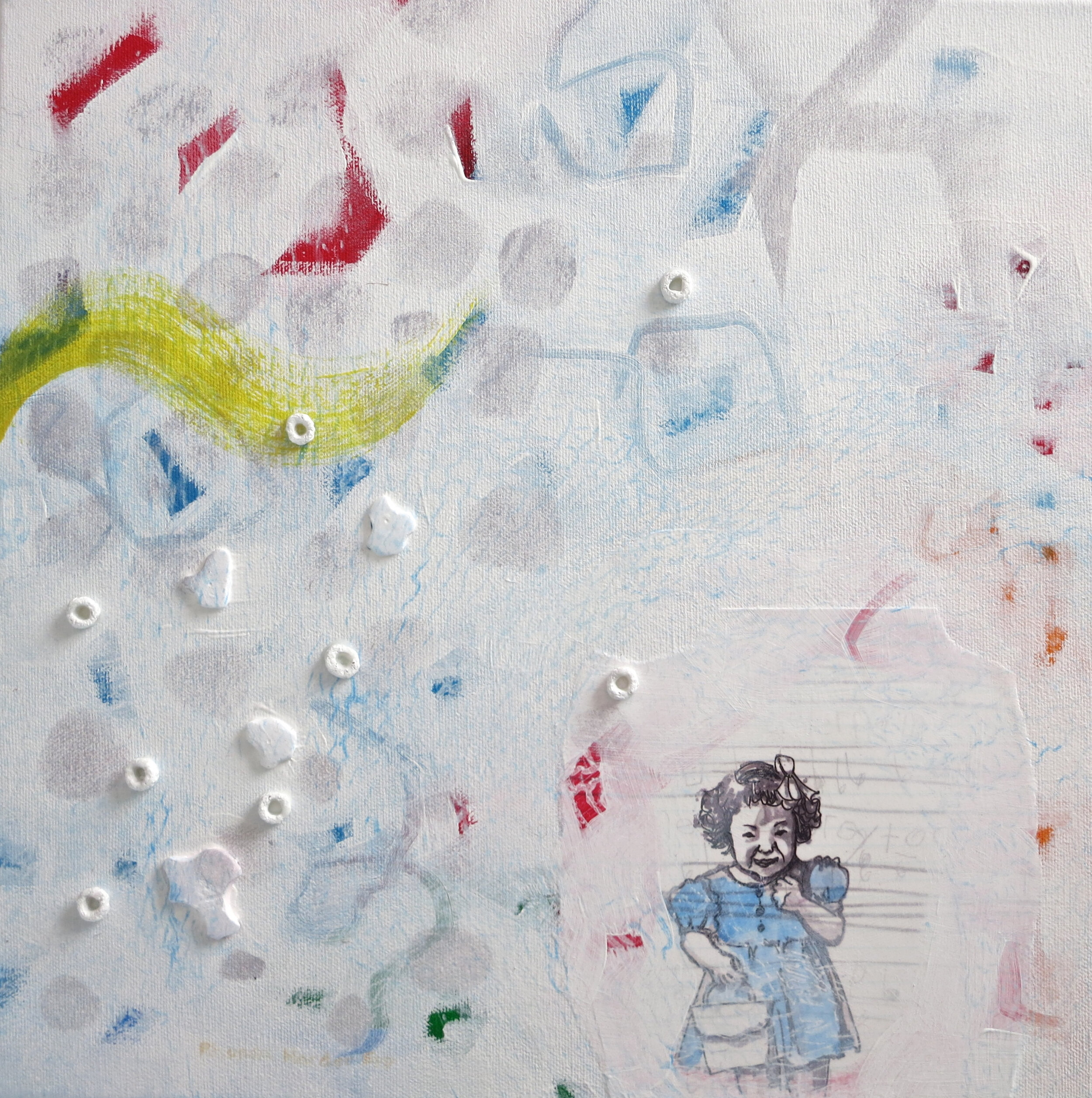
Scene 02 // 14 x 14 in (36 x 36 cm) acrylic and mixed media on canvas
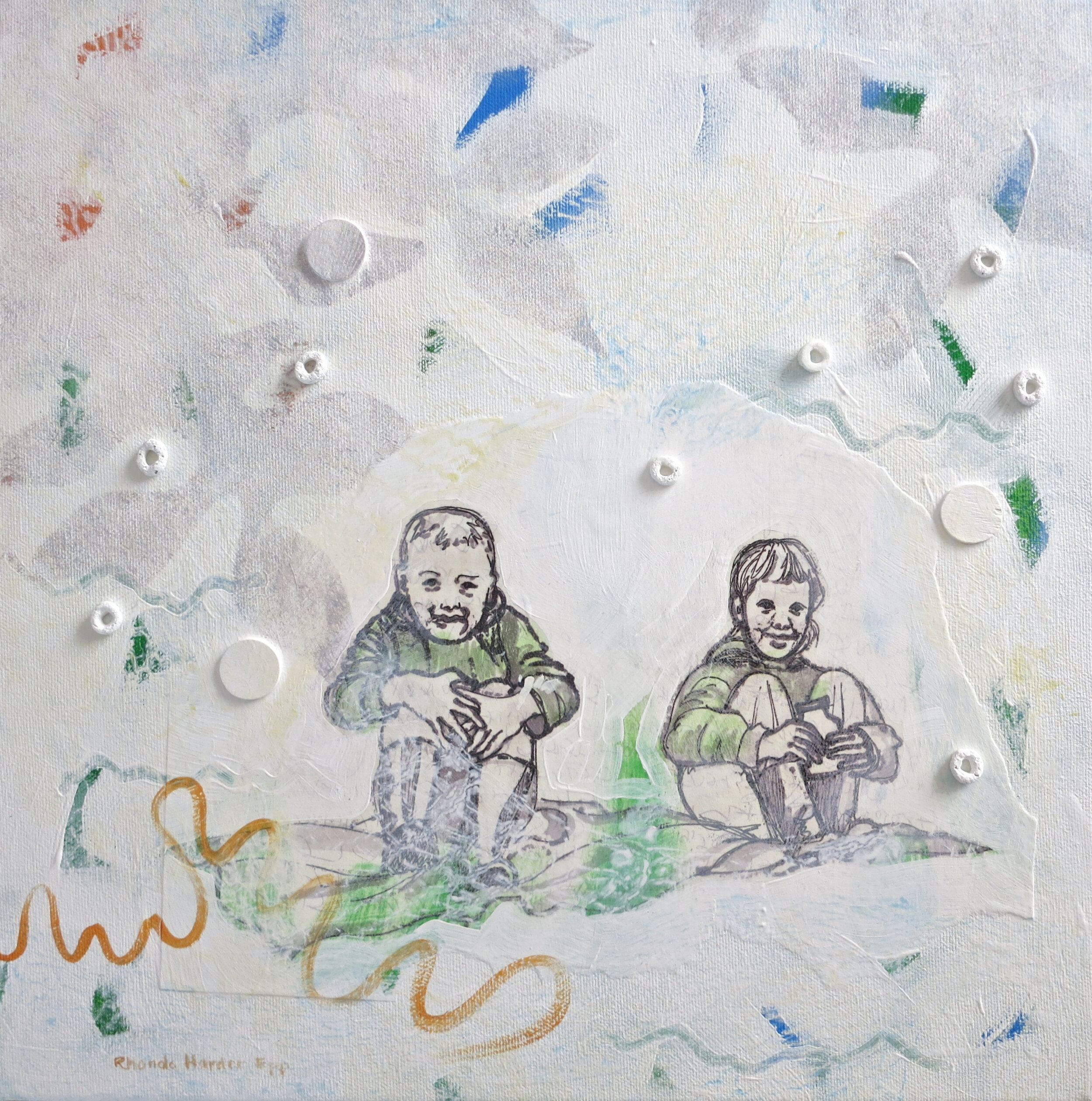
Scene 05 // 14 x 14 in (36 x 36 cm) acrylic and mixed media on canvas // SOLD
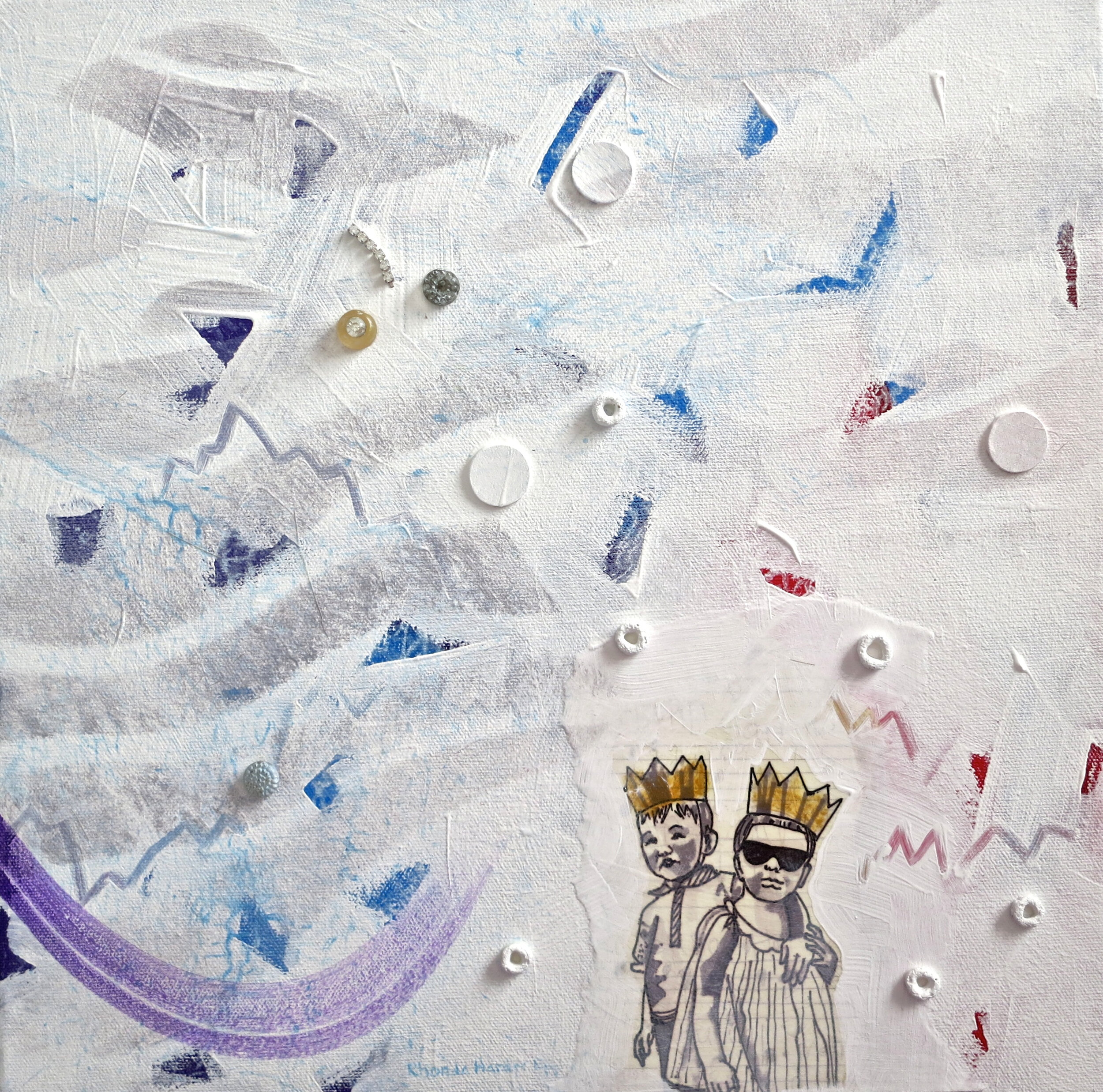
Scene 02 // 14 x 14 in (36 x 36 cm) acrylic and mixed media on canvas
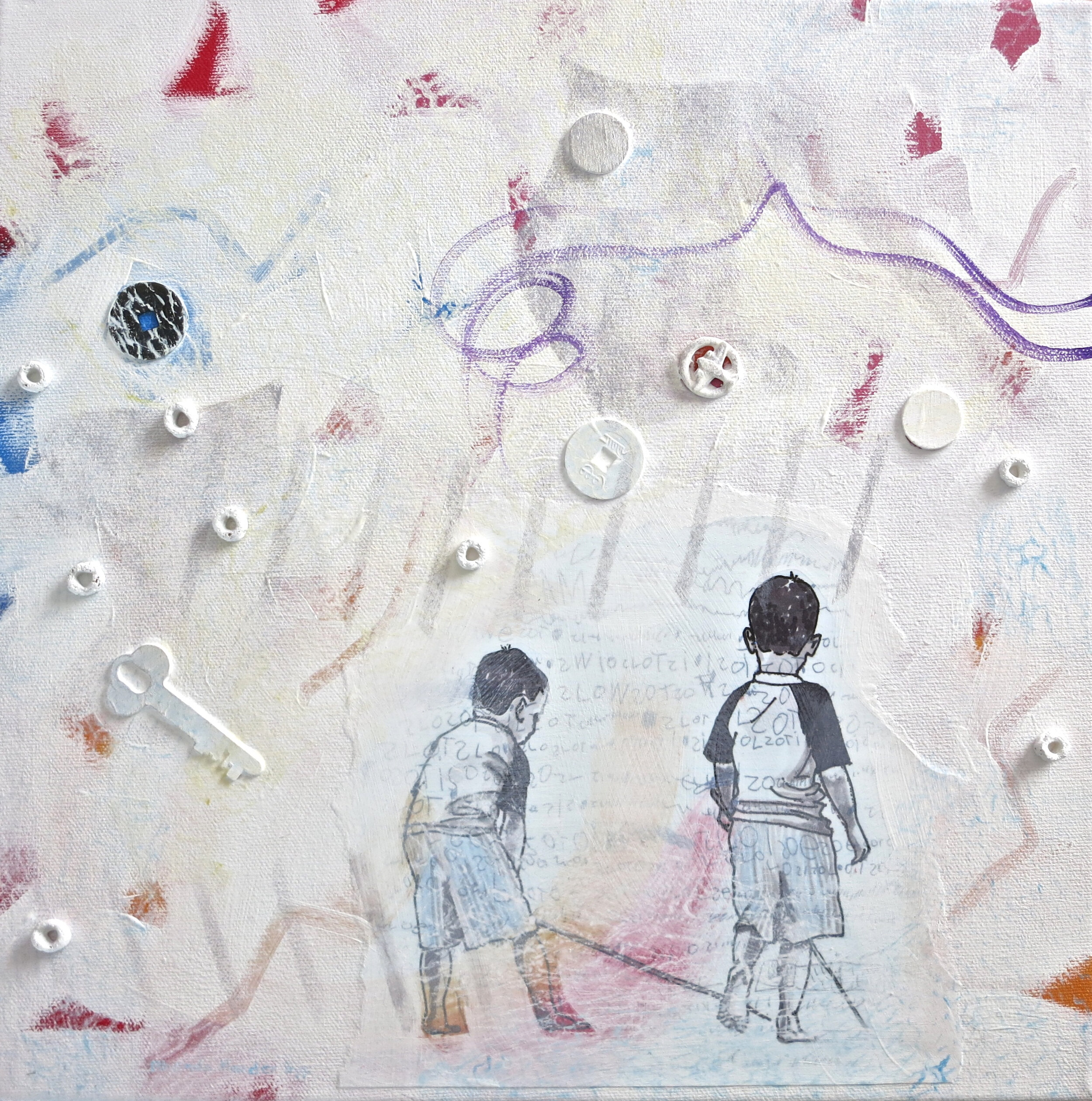
Scene 01 // 14 x 14 in (36 x 36 cm) acrylic and mixed media on canvas // SOLD
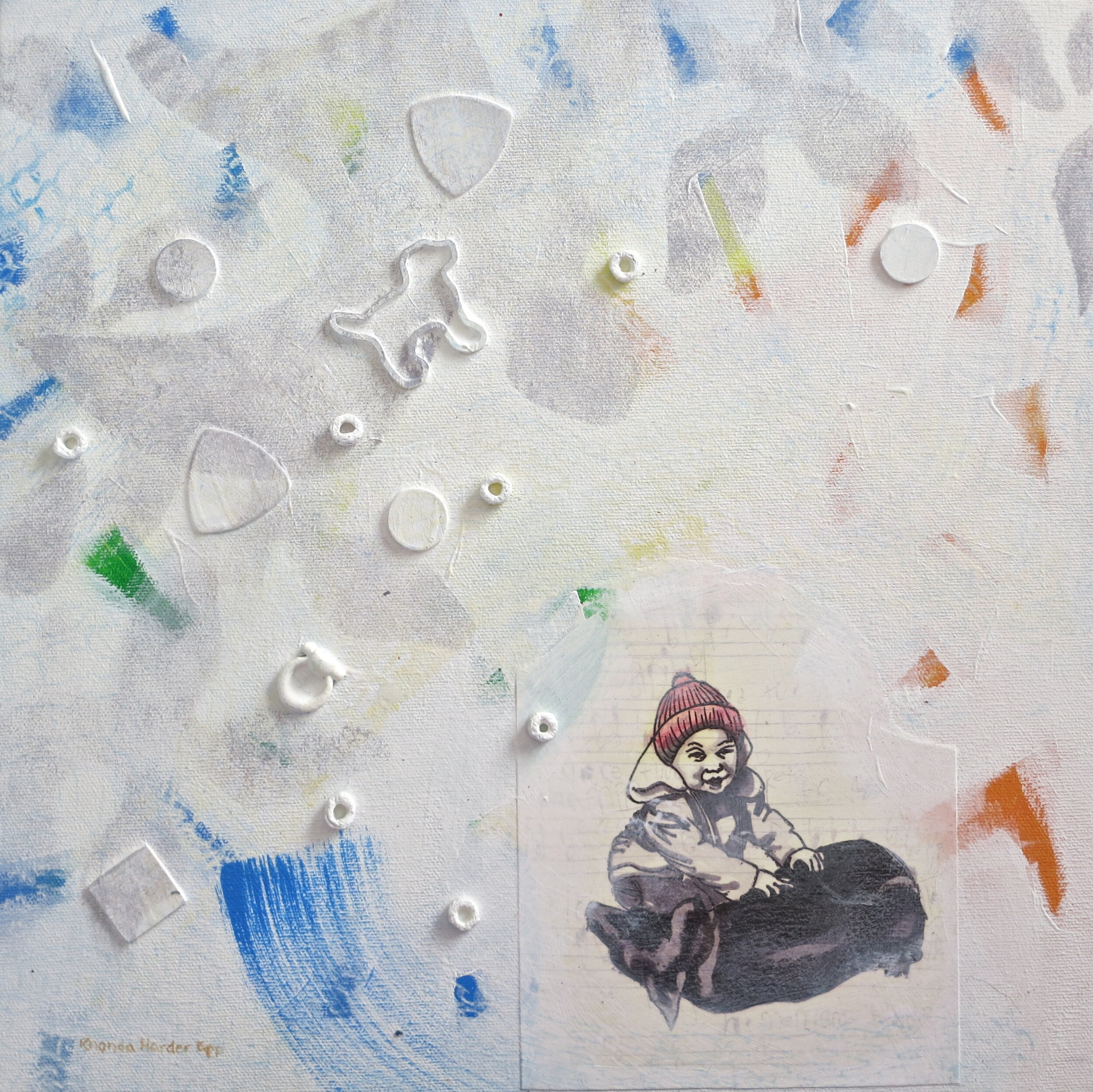
Scene 07 // 14 x 14 in (36 x 36 cm) acrylic and mixed media on canvas
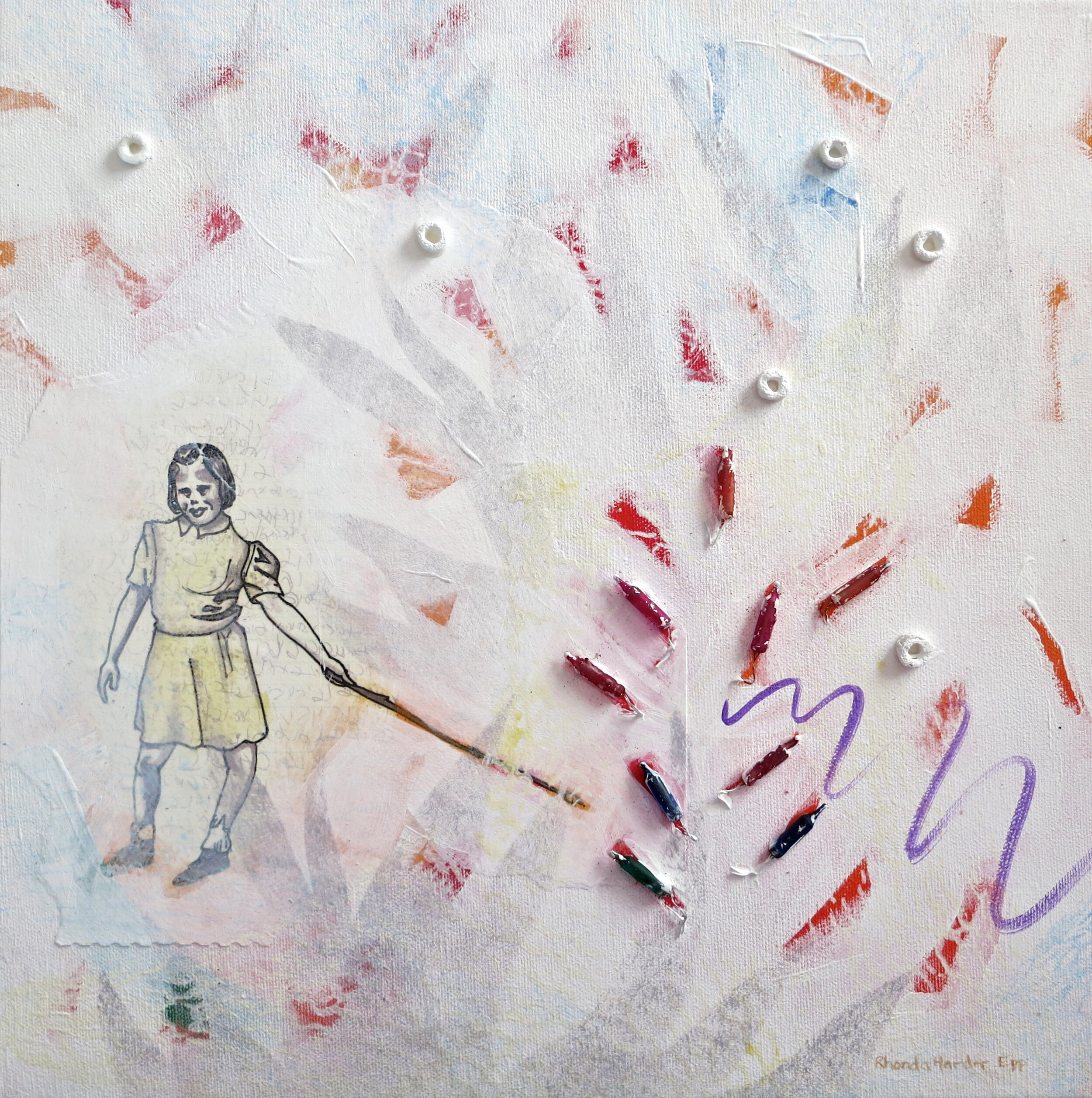
Scene 08 // 14 x 14 in (36 x 36 cm) acrylic and mixed media on canvas
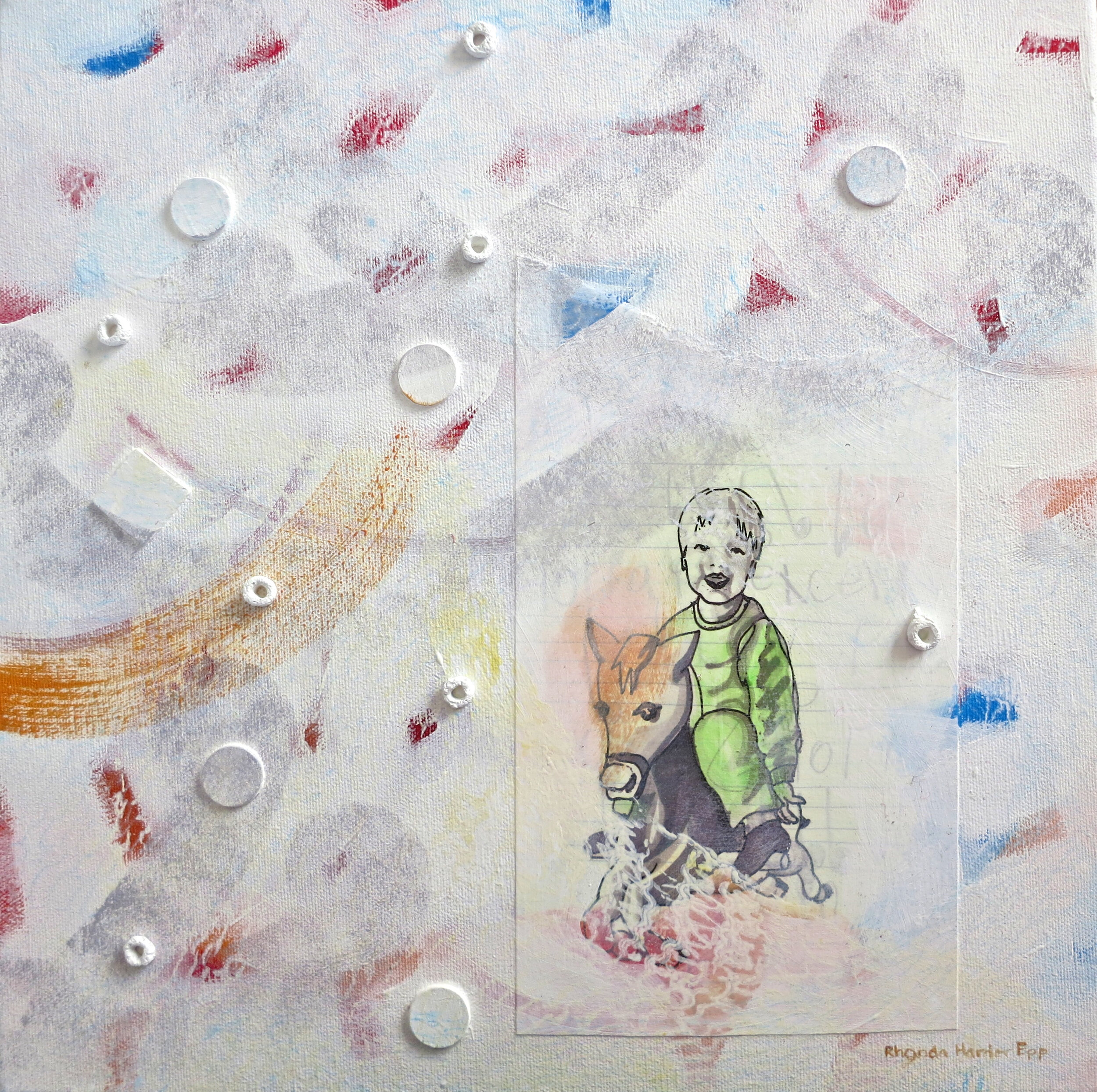
Scene 09 // 14 x 14 in (36 x 36 cm) acrylic and mixed media on canvas // SOLD
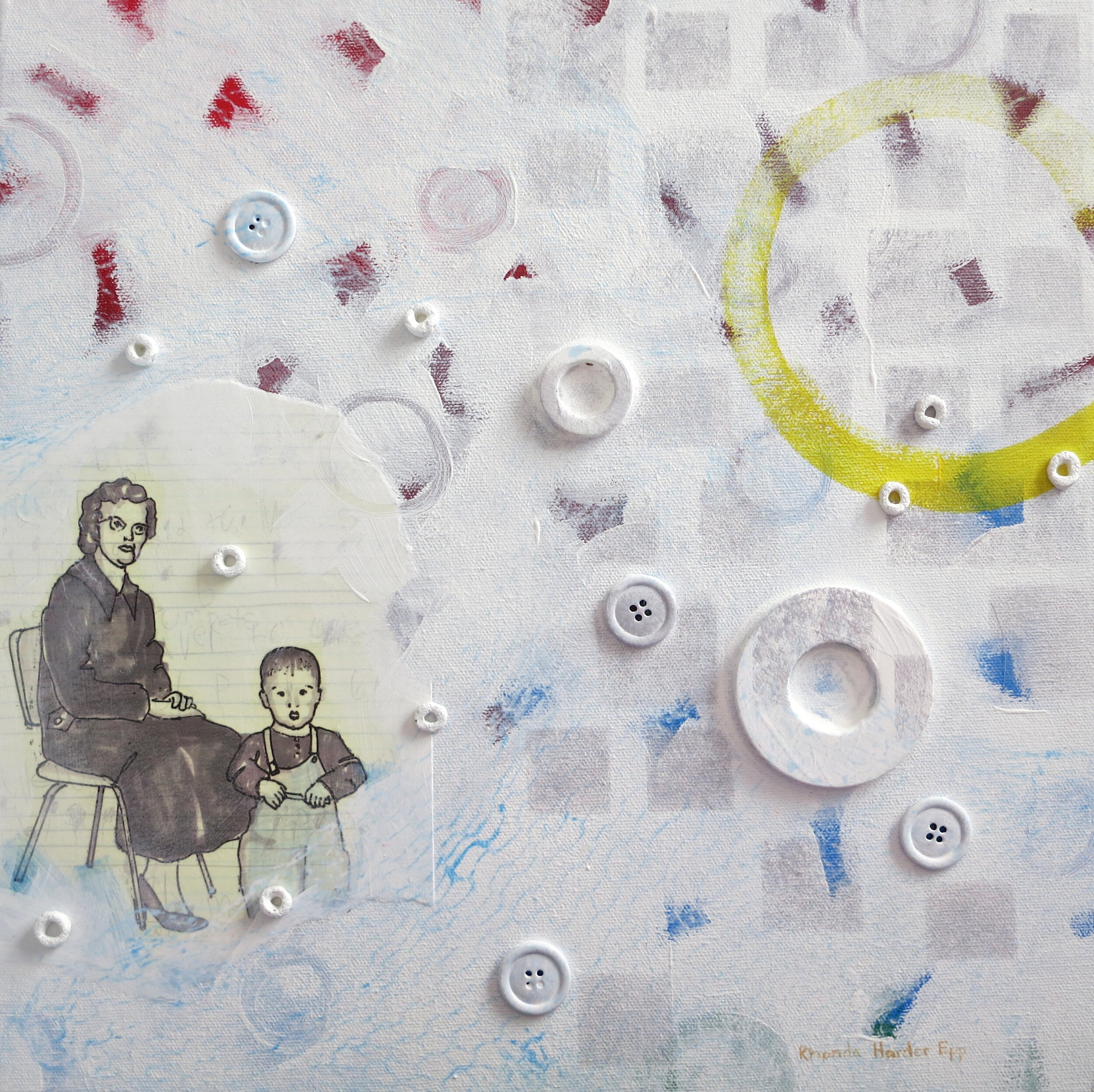
Scene 10 // 14 x 14 in (36 x 36 cm) acrylic and mixed media on canvas // SOLD

Scene 11 // 14 x 14 in (36 x 36 cm) acrylic and mixed media on canvas // SOLD
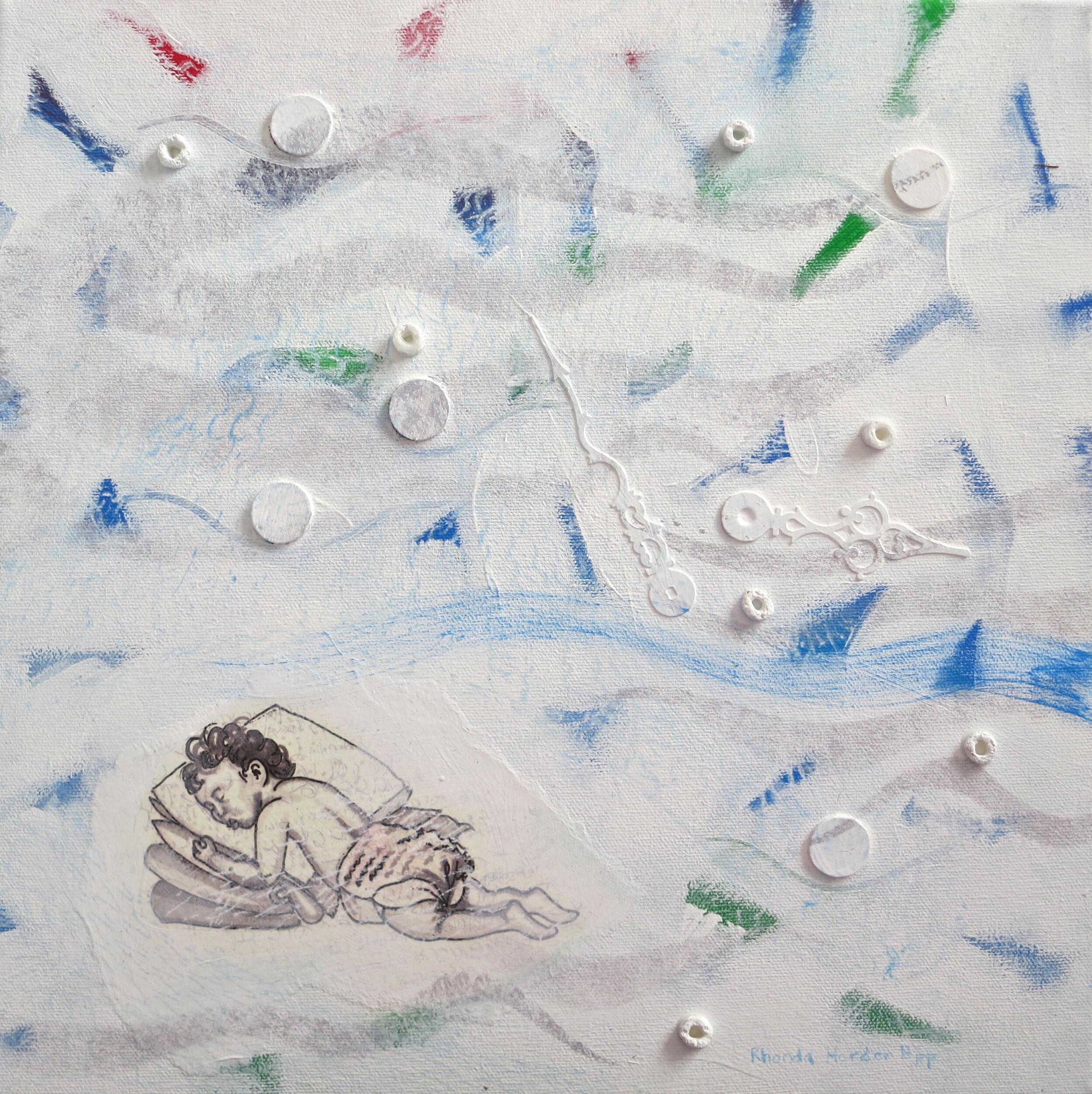
Scene 12 // 14 x 14 in (36 x 36 cm) acrylic and mixed media on canvas // SOLD
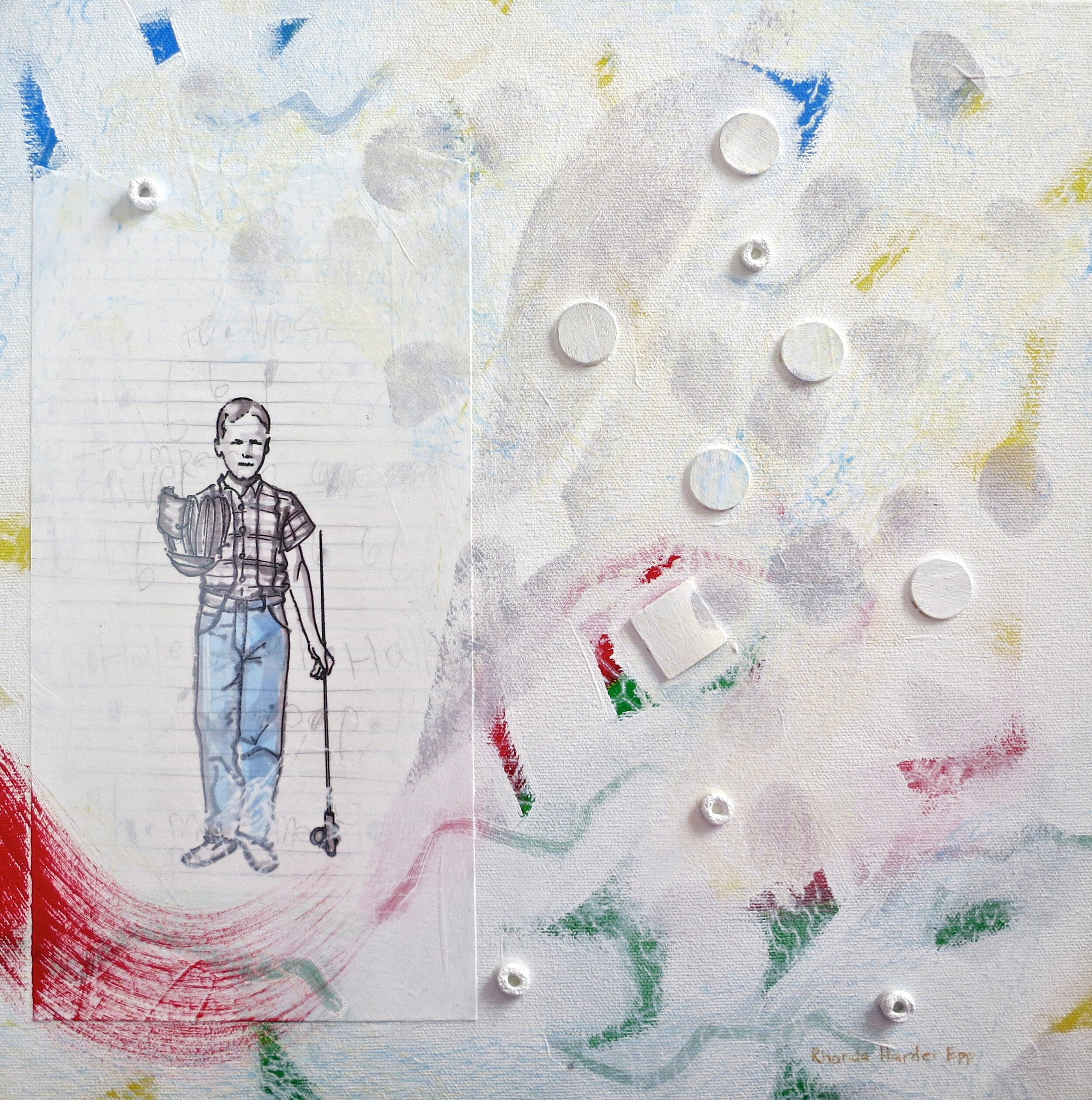
Scene 13 // 14 x 14 in (36 x 36 cm) acrylic and mixed media on canvas // SOLD
I have long wondered about simultaneous attention to more than one sensory experience and how successfully we can absorb two things at once, most particularly visual art and music. I have attended a concert in a very ornate church setting with abstract visuals being performed along with the music and found that I could hardly hear for seeing. I have also attended many music performances in a visually unobtrusive setting and my imagination fills the space I am seeing while I listen. When invited to do some kind of visual work to be presented with a piano and literary performance, I was delighted to play with this idea of attention as well as interpreting the pieces.
The Five Lines starting point is the staff; the lines that are home to the notes and determine their identity. Unlike music notation, these lines bend, loop, and cross to become somewhat representative of the themes of each piano piece. They were initially intended to be part of the paintings, but my ideas took a turn and they remained independent pieces. The Scenes paintings are layered colour, figures, and objects partially obscured by the mists of memory and shadows.
In A World Elsewhere Wayne Johnston writes about early childhood memory this way:
Landish told him that you passed from the Womb of Time into what he called your birth “Murk”, which was the interval between your “commencement screech” and the first moment of your life that you remembered. No two Murks were of the same duration.
The figures in these paintings are not all a pre-memory age, but adults have a difficult time
pinning down many aspects of their childhoods (not to mention what happened last month). The figures are placed in a world of colour, randomly applied. Objects — collections — appear, as do shadows; there is a little darkness in everyone’s childhood. And there are obscuring layers of white, erasing some details and fogging others.
The paintings might be described as quiet. That will be perfect if they help viewers hear.
Rhonda Harder Epp
2014